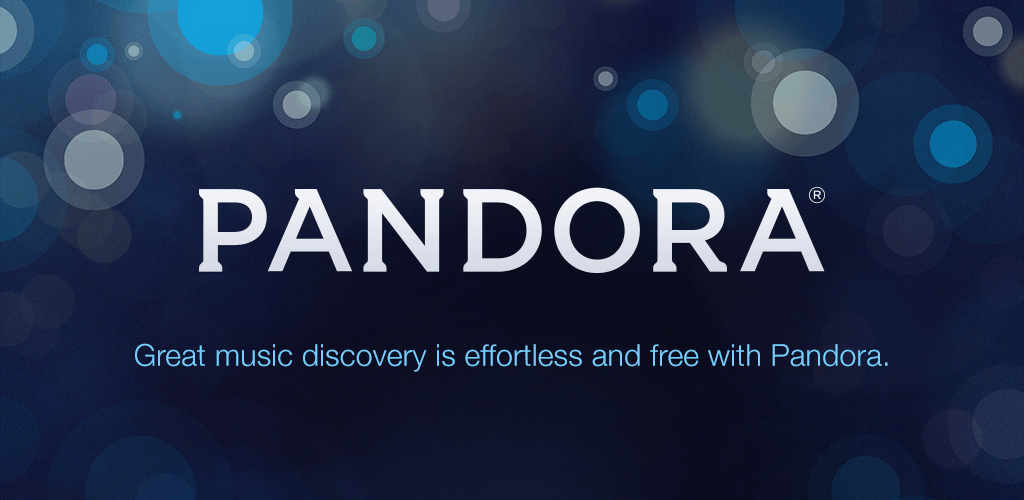Music mapping? This remind me of the last articles about Pandora and connecting music by playing a song someone might like based on another band. Music-map.com was a great resource for music mapping. I decided to test it out. I typed in “blink-182” and waited for the results. Rise Against, The Offspring, Sum 41, Green Day. Yup, I love all those bands.
Next, I thought I’d try Shakira. Closest are Enrique Iglesias, Madonna, and Britney Spears. How interesting! Usually, if I’m listening to Shakira, I want more spanish music. Of course both Shakira and Enrique Iglesias are probably the most popular among english speakers. Typing in J Balvin, all of the musician that show up are spanish. Interesting to see where language and music collides
The other maps linked were very informative. I thought it was fascinating to get a visual representation of music, music history, and see the connections between groups and artists. My favorite of the links was still music-map. I spent a good, solid 15 minutes tying in different artists I like and seeing what other artists pop up. I’m really thrilled to find this tool, I can use it to find new music!



 Source: https://en.wikipedia.org/wiki/Mickey_Mouse
Source: https://en.wikipedia.org/wiki/Mickey_Mouse